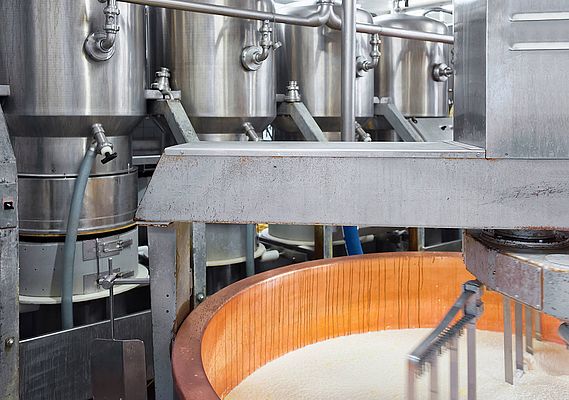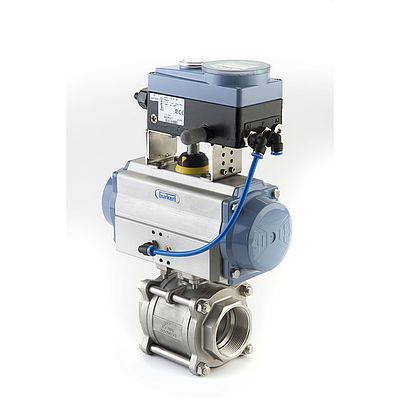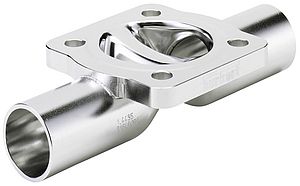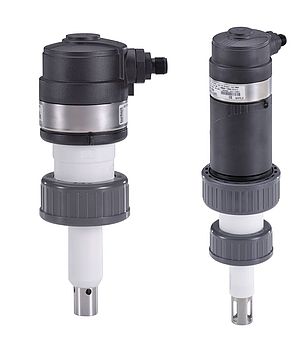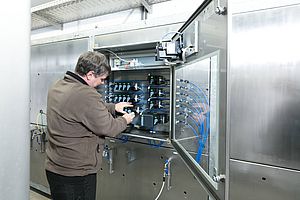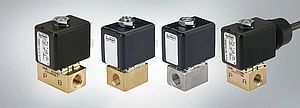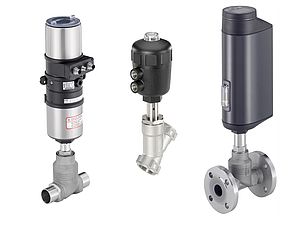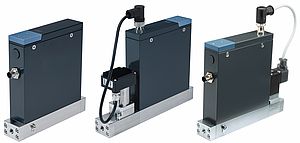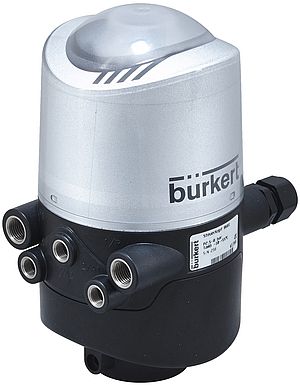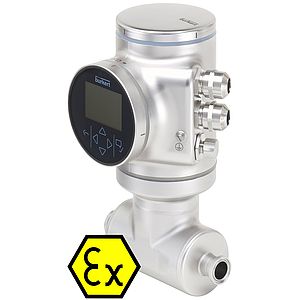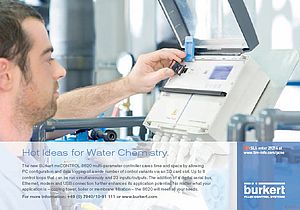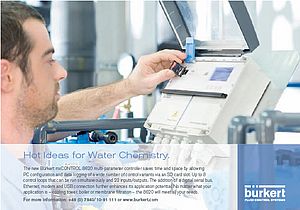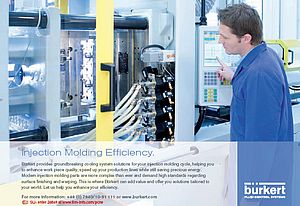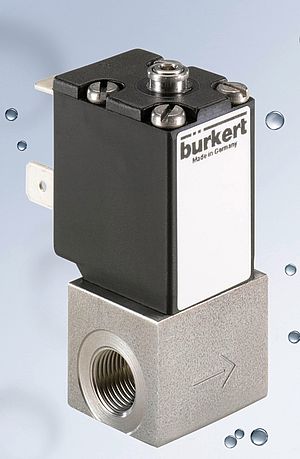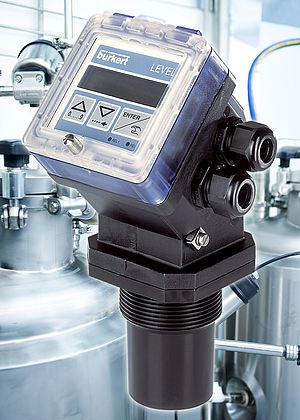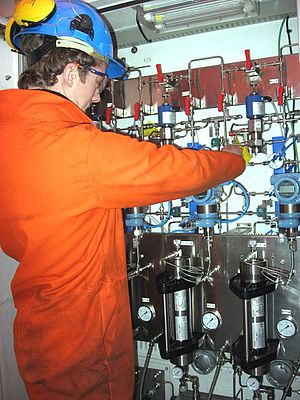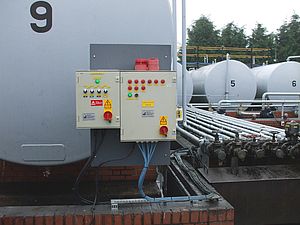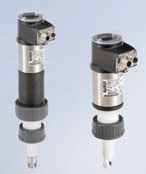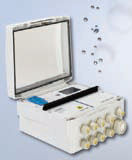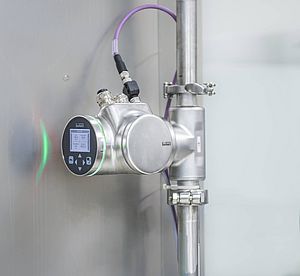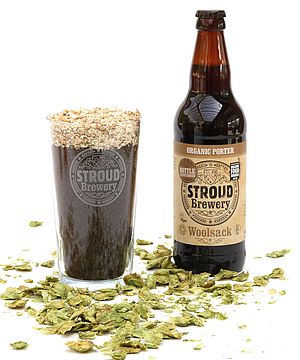Whatever chemicals they're exposed to, control valves need to operate over extended periods of time and prevent contamination of the media they come into contact with. For valve manufacturers, there's also increasing demand to demonstrate the composition of the valve's construction materials. A significant change increasingly seen in the valve market, particularly for hygienic applications, is the focus on the chemical composition of the materials used in valve construction. Today, perhaps half of all users of process valves require a materials certificate, while nearly all diaphragm valve users consider it a necessity. In some cases, such as the pharmaceutical sector, every valve that comes into contact with the media requires full documentation and traceability.
Material Composition and Traceability
This increased requirement is unsurprising: not only does it give the customer reassurance, but it answers increasingly strong regulatory compliance. In sectors such as food & beverage and pharmaceutical, whether for an on-site check or for compliance with FDA regulations, a valve user needs to be able to prove the chemical composition. For the manufacturer of a PTFE diaphragm valve for example, this means proving traceability to the original batch of manufacture of the chemicals and the quantity used. The chemical composition of the valve, mainly consisting of its body, seal and potentially the diaphragm that creates a barrier with the media, is an important factor for the quality and safety of the end product. Food and beverage manufacturers, for example, need to prove that there's no shedding of traces of valve components, which can contaminate or impact the taste or odour of the end product. This means that clarification of the valve's chemical composition is fundamental, as well as its suitability for long-term use with the media it comes into contact with.
The other main concern in valve material specification is resilience to the chemicals it comes into contact with in order to achieve the expected lifetime. For this reason, proving origin is also an important factor for customers to validate valve quality. For example, a manufacturer can be asked to provide a 3.1 material certificate, which could trace the composition of a stainless steel valve body to clarify carbon content. Lower quality valves can use stainless steel with a higher carbon content, generally making it more brittle and less robust, so validation is a sensible request.
Traceability is vital, but ensuring chemical compatibility can also be a matter of application experience. For example, in many dairies, nitric acid is used as part of the CIP (clean in place) process. Within a ball valve, typically two carbon graphite seals are used in the end caps, however the material isn't suitable for long-term use with nitric acid, which will degrade the seals, reducing the number of cycles the valve can perform in its lifetime. This is a commonly overlooked example and instead Bürkert would use an angled seat valve with a PTFE seal, suitable for use with nitric acid and ensuring that it can achieve its seven million cycle lifetime. It is important to select the body and seal materials most effective for use with the chemicals in each specific application.
Chemically resistant seals and diaphragms
PTFE is commonly used for seals, diaphragms, as well as valve bodies. Resistant to nearly all chemicals, including acids and alkalis, PTFE is an ideal choice for CIP applications. Its carbon-fluorine bonds make it inert and therefore ideal for use with reactive and corrosive chemicals. It is, however, susceptible to cold flow, which is distortion under stress of high temperatures or temperature fluctuations. Advanced PTFE can instead be specified if the application includes extreme temperature changes or frequent sterilisation.
Alternatively for diaphragm use, GYLON is a third generation PTFE, which is used across the widest range of applications. With increased resistance to stress, it can be used with greater fluctuations in temperatures as well as higher temperatures, and has a longer lifetime. EPDM is also frequently used for diaphragms and seals because of its resistance to ozone and hot water, as well as FKM which is often selected for its resistance to oil.
Valve bodies are frequently brass or stainless steel, or a suitable hard plastic variant with sufficient impact resistance. Polypropylene and polyethylene are commonly selected for their resistance to various organic solvents, acids, bases and salts while polyamide is appropriate for use with greases, oils, waxes and fuels. Meanwhile, PPS is ideal for use in high temperatures above 200 degrees centigrade.
The chemical composition of the valve components and the media flowing through it are critical factors for a wide range of applications. The challenge can be complex so engaging the right application expertise is well advised.


